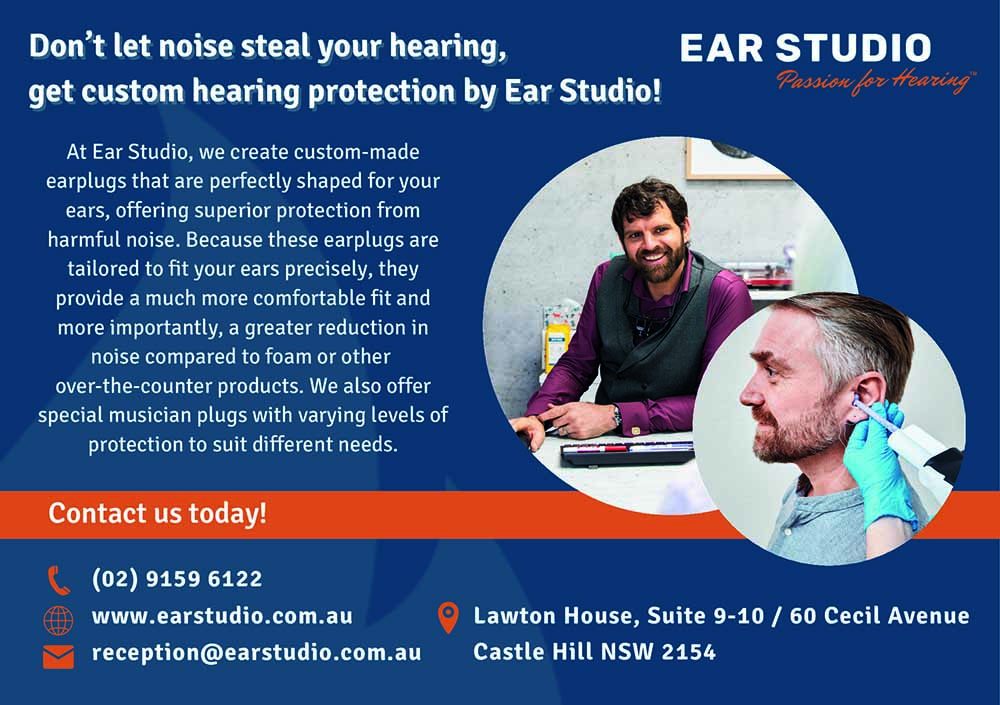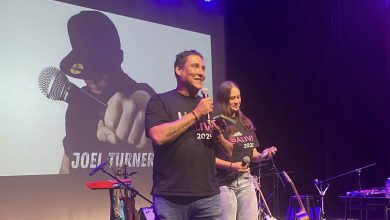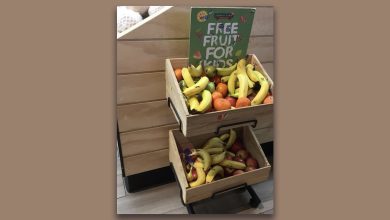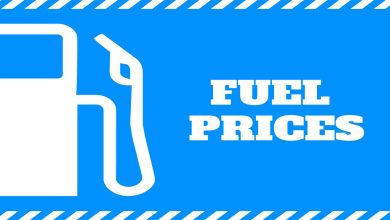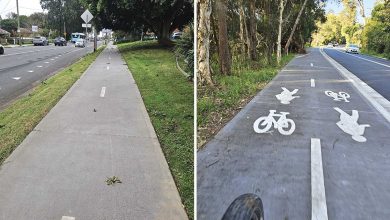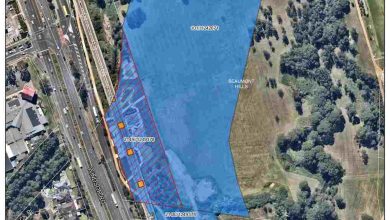Don’t Let Noise Steal Your Hearing: Prevention & Solutions for Industrial Deafness
An Article from Ear Studio
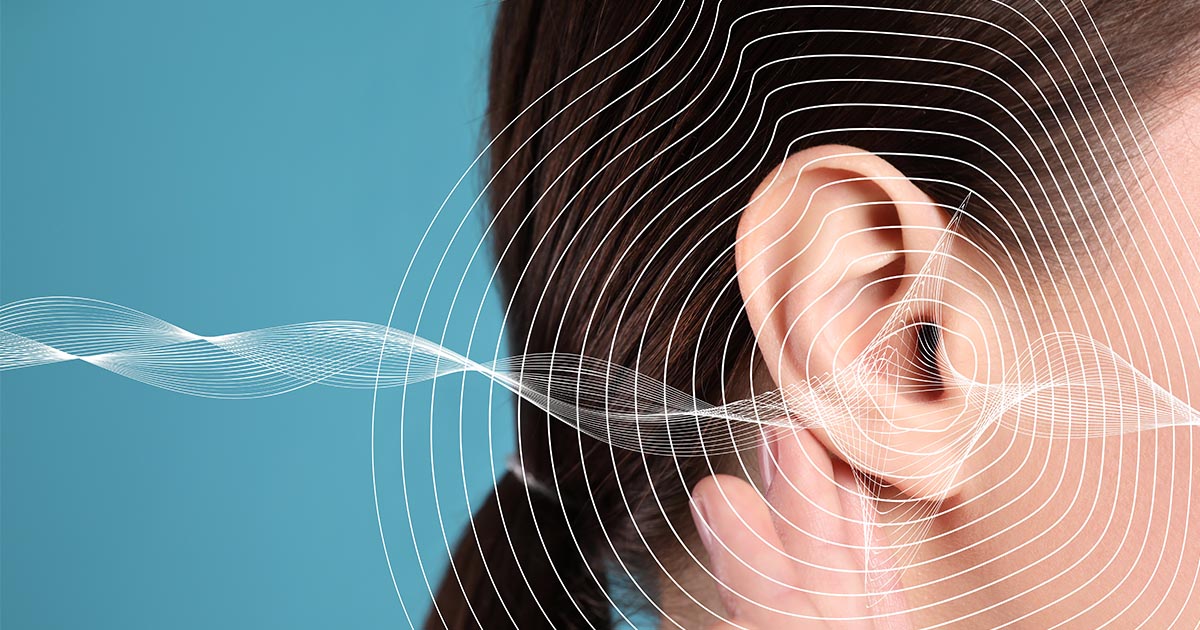
These intense, everyday sounds are more than just a backdrop to hard work—they’re a ticking time bomb for your hearing. Decades ago, little was known about the long-term impact of such noise exposure. Workers braved these environments without adequate hearing protection, unaware of the irreversible damage accumulating over time.
Today, we understand that prolonged exposure to loud noise can lead to industrial deafness, also known as noise-induced hearing loss (NIHL). This preventable but life-altering condition affects thousands of people, diminishing their ability to hear the world around them and impacting their quality of life.
What is Industrial Deafness?
Industrial deafness results from prolonged exposure to high noise levels, leading to irreversible damage to the delicate structures of the inner ear. Symptoms include:
• Difficulty hearing conversations
• Tinnitus (ringing or buzzing in the ears)
• Increased sensitivity to loud sounds
High-risk professions include boilermakers, plumbers, rail-workers, builders, machine operators, and miners, among others.
How to Prevent Industrial Deafness
• Avoid Noise Exposure: Limit time spent in noisy environments where possible.
• Wear Hearing Protection: Use earplugs or earmuffs in high-noise areas, such as during concerts, sporting events, or in industrial workplaces.
• Limit Exposure Time: Even common household equipment like lawnmowers and power tools can harm your hearing if used for prolonged periods.
Understanding Noise Levels
Sound is measured in decibels (dB), and its intensity can have a profound effect on hearing health.
• Safe sounds: Conversations (~60 dB) pose no risk.
• Threshold for harm: Noise above 85 dB, such as in a noisy restaurant, can cause damage after 8 hours.
• Hazardous levels: Noise above 140 dB, like a jet engine or explosive sounds, can cause immediate damage.
• Critical rule: A 3 dB increase doubles the sound intensity, halving the safe exposure time.
Seeking Help
To help prevent industrial deafness:
• Customised solutions: We offer tailored hearing protection at Ear Studio.
• If you suspect you are experiencing industrial deafness, act promptly:
• Comprehensive hearing assessment: At Ear Studio, we take a detailed history and evaluate your hearing health and offer rehabilitation to suit your needs. •• Assistance with claims: You may be eligible for workers’ compensation benefits, even if the exposure occurred years ago.
Conclusion
Protecting your hearing is paramount, especially in environments where noise levels are high. Industrial deafness is not just a workplace hazard; it can significantly impact your quality of life, affecting everything from conversations with loved ones to enjoying the simple sounds of nature. The good news is that with the right knowledge and proactive steps, industrial deafness is preventable.
If hearing loss has already occurred, it’s never too late to seek help. Advances in audiology mean there are effective solutions, including hearing aids and rehabilitation programs, to improve your hearing and overall well-being.
At Ear Studio, we’re here to guide you every step of the way. Whether you need custom hearing protection to prevent damage or support in managing existing hearing loss, our team is ready to help. Don’t let noise rob you of life’s important moments—act today to protect and preserve your hearing health.
Contact our friendly reception team on 02 9159 6122 or visit www.earstudio.com.au for more information or to book an appointment online. Let us support you on your journey to better hearing health and a brighter future.

